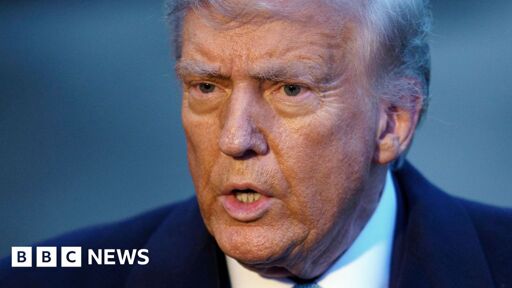Summary
Trump announced that 25% tariffs on imports from Canada and Mexico will take effect on February 1, though a decision on including oil remains pending.
He justified the move by citing undocumented migration, fentanyl trafficking, and trade deficits.
Trump also hinted at new tariffs on China.
Canada and Mexico plan retaliatory measures while seeking to address U.S. concerns.
If oil imports are taxed, it could raise costs for businesses and consumers, potentially contradicting Trump’s pledge to reduce living expenses.



Dude, go reread my first comment. I specifically mention tarrif as a counter to restore market balance after manipulation. These aren’t being used to counteract an anticompetitive subsidy. Raising prices to restore equilibrium and raising prices to disrupt it are very different things.
I know you want this to be something that works, but there’s a reason why reputable economists think this is just the worst idea.
I’m having a hard time connecting what you’re saying and my point. I also don’t really care what economists are saying, I don’t automatically assume economists are correct because they are economists. I understand tariffs are not good, which is why I said “ultimately”, and nothing that you have said yet has changed that opinion, but I am open. I didn’t even disagree with many of your statements I just didn’t see how they connect.
Can you see how maybe it would be easy for a person to think that you thought tariffs would be good for the US? If that wasn’t your point, then I have no idea what you’re talking about.
Why don’t you care what economists say? They’re people who have actually spent time looking at and thinking about these things. They have numbers to back up their claims and, while fallible, they’re likely the most qualified people to make assessments about the economic impact of policy changes.
It’s like saying you don’t care what engineers say when what you’re doing is building a bridge. At the very least it should raise a red flag when nearly all of them say something is a bad idea.